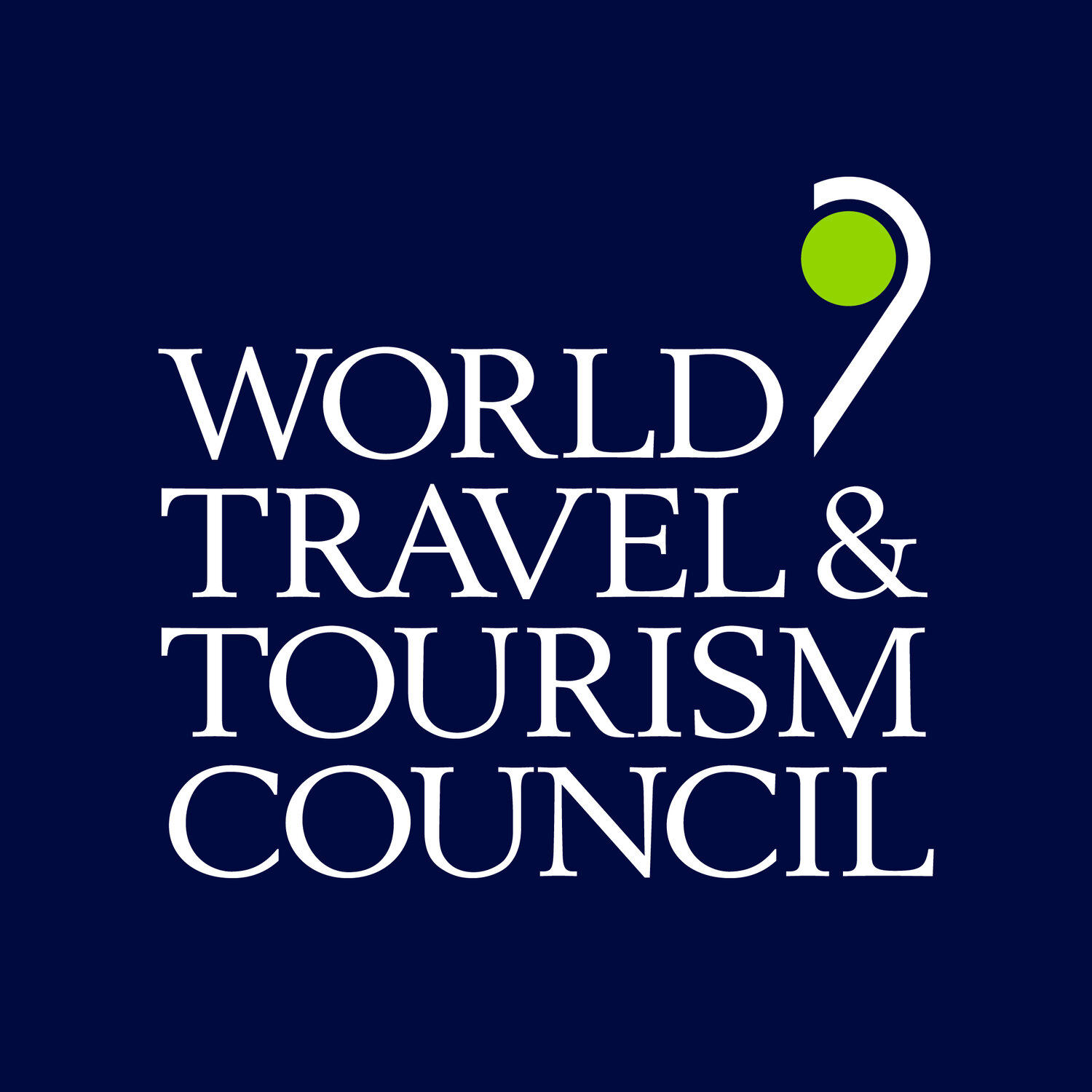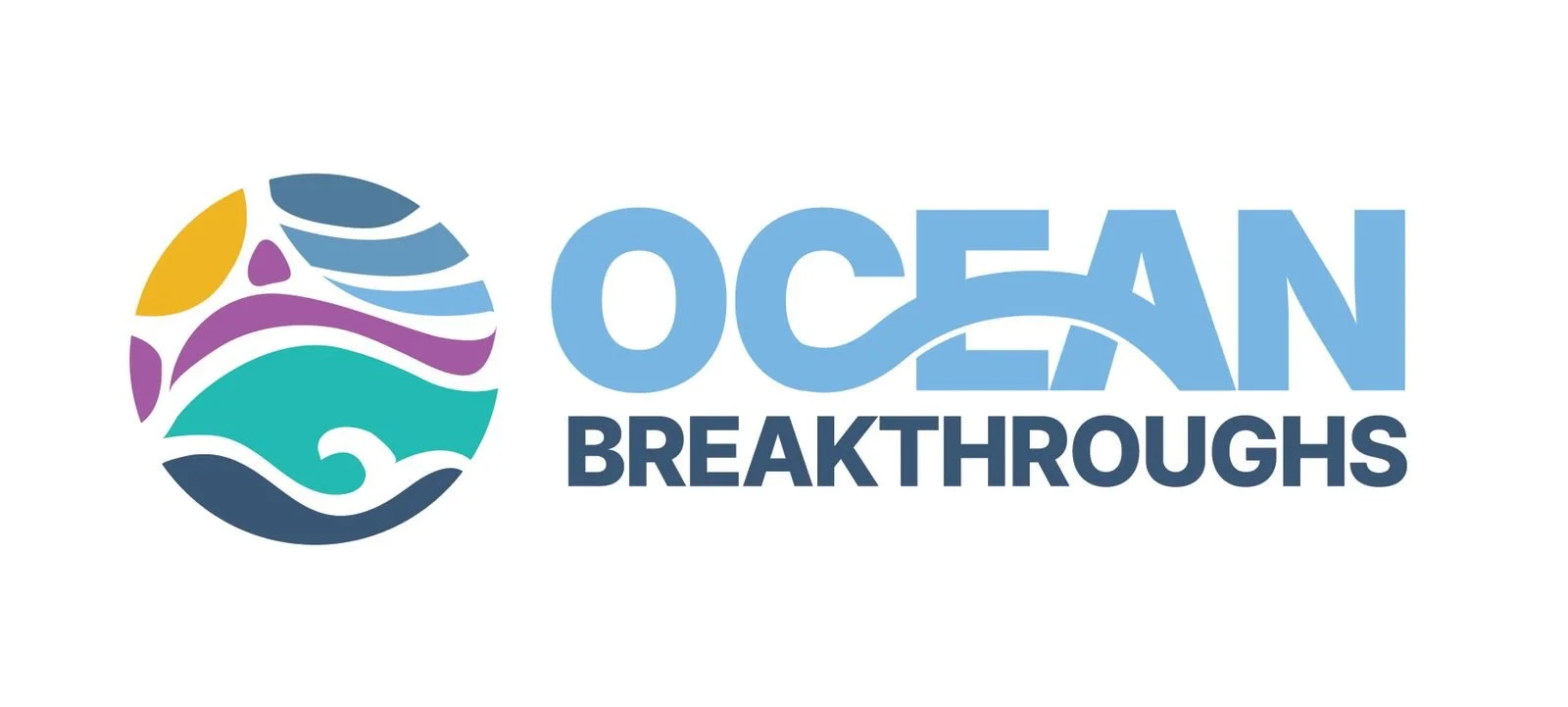
The ocean is more than a destination. It is a lifeline.
The ocean has long shaped human society, cultural practices, and the environment. By protecting it, we not only safeguard these profound societal benefits but also ensure the ocean can continue playing its vital role in combating climate change and sustaining life on Earth.
Ocean and Tourism: A Joint Narrative
The WTTC Ocean Campaign is a call to the private sector to unite behind ocean health, climate resilience and the prosperity brought by a sector that nurtures both nature and the ocean.
Campaign series coming soon.
Voices of the Sector

Coastal and marine tourism accounts for 50% of all tourism activity, generating $1.5 trillion in GDP and directly supporting 52 million jobs globally.
As one of the five key ocean sectors, coastal and marine tourism is challenged to meet its Breakthrough Target by 2030 to keep the 1.5 C target within reach.
UN Ocean Breakthrough - Coastal Tourism
Target: “By 2030, $30 billion per year are invested to support halving emissions of coastal tourism; and additional investments are made to build the resilience of local communities, as well as to recover and protect ecosystems to sustainably manage tourism in island and coastal destinations most vulnerable to climate change.”
-
The Ocean Breakthroughs, developed by the ocean community united under the Marrakech Partnership, with the support of the UN High-Level Climate Champions, are a set of ambitious goals designed to leverage the ocean's potential to cut global emissions by up to 35% and achieve key international agreements like the Paris Agreement and the Sustainable Development Goals.
The Coastal Tourism Breakthrough prioritises actions that leverage tourism for conservation and climate action. By doing so, it aims to protect both the natural functions of the ocean and the livelihoods of millions of people who depend on coastal tourism.
-
The Coastal Tourism – Ocean Breakthrough investment number was based on research from the Coastal & Marine Tourism – Quantifying its Footprint and Funding Requirements for Mitigation and Adaptation (2025) paper by WTTC, sponsored by Iberostar, and aligns with the objective of the Glasgow Declaration on Climate Action.
For Travel & Tourism in coastal and marine destinations, the paper quantifies the:
Economic contribution
o $1.5 trillion to global GDP (direct activities), 2023
o Total contribution equates to 3.2% share of the world economy
Environmental footprint
o 390 million tonnes of GHG emissions (direct activities), 2023
o Total contribution equates to 3.0% of global GHG emissions
Climate funding requirements
o Mitigation only - $31 BN annually (direct activities)
o Mitigation and adaptation - $65 BN annually (direct activities)
Achieving these targets will require political will, strategic collaboration, and investment in areas such as:
Climate-resilient infrastructure
Decarbonisation of the supply chain and transportation
Adoption of renewable energy.
The target aligns with the objectives of the Glasgow Declaration on Climate Action.
-
Travel & Tourism has a shared responsibility to halve its emissions by 2030 and achieve net zero by 2050. The Coastal Tourism Breakthrough is essential for protecting the sector’s future, particularly for island and coastal destinations most vulnerable to climate change. It requires a small investment relative to the long-term societal and environmental benefits, ensuring a resilient and sustainable future for our communities and natural resources.
-
The successful implementation of the Coastal Tourism Breakthrough will have significant positive impacts:
A climate-resilient and prosperous coastal business and trade ecosystem that supports planetary health and benefits tourists, employees, local businesses, and residents.
Coastal and island destinations that are better equipped to support climate mitigation and adaptation efforts.
Reduced pressure on water, food, and energy systems in coastal and island destinations, as well as across the wider tourism value chain, extending beyond coastlines.
From inspiration to action
Join industry peers at the forefront of ocean and climate action through sector initiatives that deliver tangible change and advance the Breakthrough target.
Ocean Tourism Pact
Launched at UNOC 2025, the Ocean Tourism Pact supports the Ocean Breakthroughs, calling for urgent and coordinated action to reverse biodiversity loss and protect the regeneration of marine and coastal ecosystems.
-
On behalf of tourism businesses and coalitions, the pact calls for the following actions:
Accelerate the setting and implementation of commitments
Mobilise public-private partnerships
Establish a coastal and maritime tourism work group
Glasgow Declaration on Climate Action
The Declaration acknowledges a shared commitment to unite all stakeholders in transforming tourism to deliver climate action, notably supporting global goals to halve emissions by 2030, and reach net zero by 2050. This declaration is supported by WTTC’s Net Zero Roadmap for Travel & Tourism.
-
Signatories to the Declaration committed to:
Deliver climate action plans within 12 months of signing and implementing accordingly
If plans already exist, commit to updating and implementing to align with the declaration
Report publicly on progress against interim and long-term targets and actions
The Declaration agreed on five shared pathways to guide climate action plans:
Measure
Decarbonise
Regenerate
Collaborate
Finance
-
Find out more and become a signatory to the Declaration at the One Planet Network here.
Global Tourism Plastics Initiative
The Initiative unites the Travel & Tourism sector behind a common vision to address the root causes of plastic pollution, requiring organisations to make a set on actionable commitments by 2030. This work is supported by WTTC’s Plastics Report.
-
The Initiative requires Travel & Tourism organisations to make a set of concrete and actionable commitments by 2030:
Eliminate problematic or unnecessary plastic packaging and items
Take action to move from single-use to reuse models or reusable alternatives
(Engage the value chain to) move towards 100% of plastic packaging to be reusable, recyclable or compostable
Take action to increase the amount of recycled content across all plastic packaging and items used
Collaborate and invest to increase the recycling and composting rates for plastics
Report publicly and annually on progress made towards these targets
-
Find out how to become a signatory at the One Planet Network here.
Resources
Coastal & Marine Tourism: Quantifying its Footprint and Funding Requirements for Mitigation and Adaptation
This WTTC report quantifies the size of coastal & marine tourism’s economic and environmental footprint and speaks to the disproportionate challenges the sector faces from climate change, thus the urgent need for mitigation and adaptation strategies.
A Net Zero Roadmap for Travel & Tourism: Second Edition
This second edition offers insight into the status quo of climate action for Travel & Tourism, as of 2024, highlighting key challenges across main industry verticals, and presenting a tangible action plan to help guide the sector to net zero by 2050.
Blue Ambition Loop - Achieving Ambitious 2030 Ocean-Climate Action
A concise brief developed by the UN High-Level Climate Champions highlighting how bold collaboration between government policies and non-state actor leadership can accelerate impactful ocean-based climate action by 2030

Stay informed
Join WTTC’s Ocean mailing list to stay updated on the UN High-Level ocean dialogue and engagement opportunities for Travel & Tourism.
Sponsors
Endorsed by





